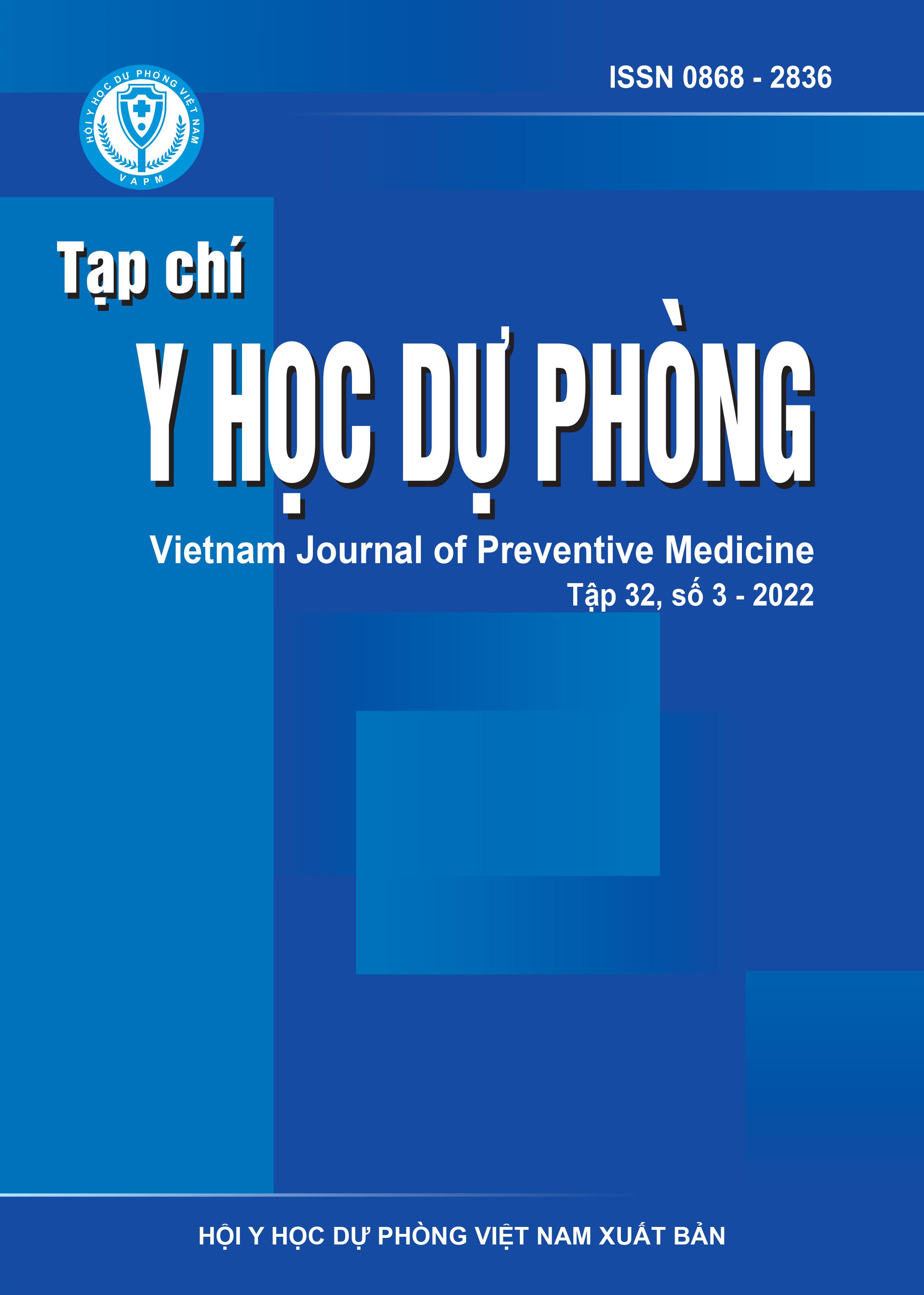Colistin-resistant Escherichia coli infection in healthy residents in Thai Binh and some genetic characteristics of the mcr gene of isolated bacteria
DOI:
https://doi.org/10.51403/0868-2836/2022/641Keywords:
Escherichia coli, colistin resistance, mcrAbstract
Colistin is an effective antibiotic against multi-resistant Gram-negative bacteria, however, colistin-resistant bacteria are becoming more common. The study aimed to assess colistinresistant Escherichia coli (CRE) infection in healthy residents and analyze the genetic characteristics of the mcr gene of isolated E. coli strains. The results showed that the prevalence of CRE infection in healthy residents in Thai Binh was particularly high, up to 70.4%. The prevalence of CRE strains carrying mcr-1 gene, mcr-3 gene and both mcr-1 and mcr-3 genes were 92.8%, 4.3% and 1.4%, respectively. Out of 57 strains carrying the mcr-1 gene, 36.8% of strains carried the mcr-1 gene on the chromosome, 61.4% of strains carried the mcr-1 gene on the plasmid and 1.8% of strains carried the mcr-1 gene on both chromosome and plasmid. Whole-genome sequencing of 14 strains showed that most of the strains carrying mcr-1 on the chromosome (6 of 7) had the ancestral transposon Tn6330 (ISApl1-mcr1- PAP2-ISApl1). In contrast, Tn6330 of most strains carrying the mcr-1 gene on the plasmid (7 of 8) did not have any ISApl1 sequence at both ends. The study results suggest that the transfer of the mcr-1 gene from plasmid to chromosome in the gut microflora of healthy residents may have occurred just recently. Additionally, the removal of the ISApl1 sequence(s) from the structure of Tn6330 transposon makes the mcr-1 gene attach more stable to the chromosome.
Downloads
Downloads
Published
How to Cite
Issue
Section
License
Publication License No 150/GP-BTTTT signed on May 8, 2014;
Electronic Publication License No 322/GP-BTTTT signed on June 15, 2016.


